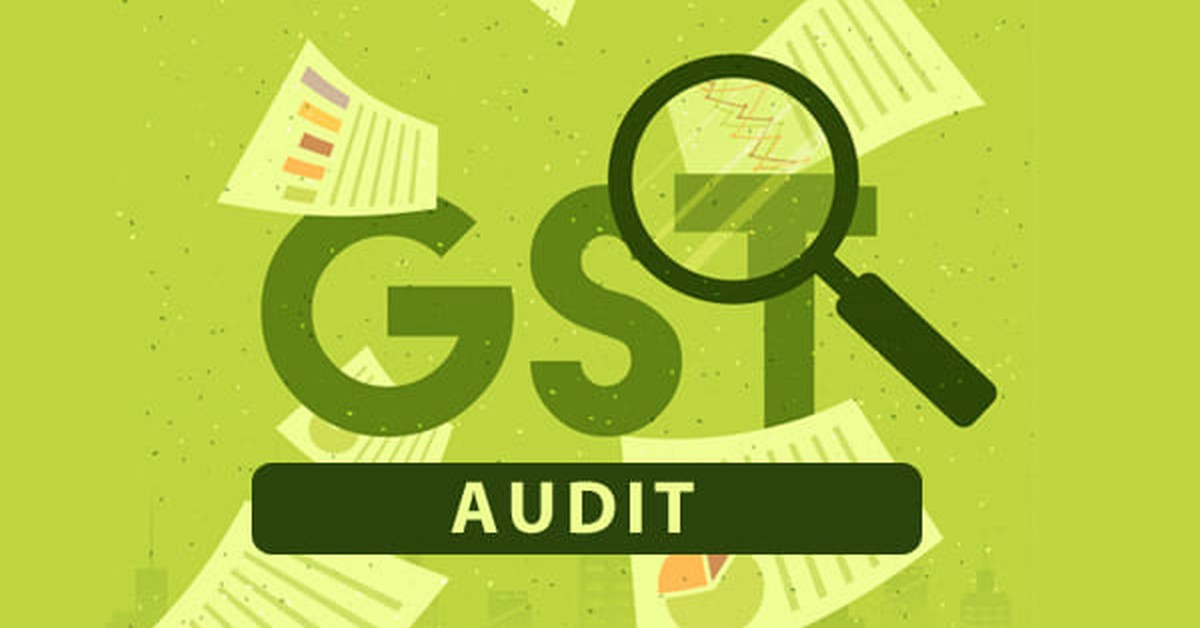GST audits are regularly undertaken by the department under Sec. 65 of the CGST Act. These audits are conducted by the department either at their own premises or at the premises of the taxpayer. These audits are always conducted on the authority issued by the Commissioner.
Following are a few points to keep in mind while auditing taxpayers for whom you have been appointed as a consultant:
1. Officers may not be well-trained or may be over-smart for the audit
Sometimes it may happen that the audit team is not so well versed with the technology (like Excel tools, etc.) and conducts audits, taking printouts of the documents and supporting documents. In this case, the auditor team will require a lot of time to conduct the audit, and taxpayers will not be challenged for interpretational issues.

It may also happen that the officers are overly smart and try to extend the stipulated time limit of 3 months plus an extension of 6 months from the “date of commencement of the audit”.
Explanation under Sec. 65(4) states that, for the purposes of this sub-section, the expression “commencement of audit” shall mean the date on which the records and other documents called for by the tax authorities are made available by the registered person or the actual institution of audit at the place of business, whichever is later.
In some cases, it is seen that the officers will first take all the information and ‘explanation’ through ADT-01 and then visit the premises of the taxpayer towards the end of the audit to misuse the explanation to their advantage. Since the explanation specifically states that the audit will commence from the date of the actual institution of the audit at the place of business, if that date is later, Thereby expanding their period of 3 months (+ 6 months extension) to complete the audit.
The taxpayers are advised to communicate with the department only through official means of communication, like letters or emails, and to avoid using WhatsApp or telephonic or oral communication that is not being recorded.
Communication through official means will provide proof of the institution of the audit at the office of the department. Section 65(2) also talks about conducting audits at the department's office. Once “any explanation” to any document is provided by the taxpayer to the department in official communication, it will amount to ‘institution of audit at the department's office’.
2. Officers may digress from the law
There are instances where officers digress from the law and make
- unnecessary disallowance in ITC claimed terming the expense as personal expense like mobile bills, etc.
- treat the income as taxable, which is otherwise exempt, or
- raise a claim for RCM payable on inward supplies,
The content of the officers may not always be correct.
Since the issuance of ADT-2 is only a finding of audit and any claim of tax, interest, or penalty is to be initiated by the department under Sec. 73/74 of the CGST Act, 2017 by the issuance of SCN, the taxpayer is supposed to contest his stand in these proceedings.
3. Time limit in which SCN is issued after audit
There is no statutory time limit for the issuance of SCN after the conclusion of the audit. But there is an upper limit of 3 years or 5 years from the due date of filing the annual return under Sec. 73 or Sec. 74 of the CGST Act before which a particular FY is required to be closed by the department.
Keeping the proceedings open may be strategically in the interest of the taxpayer. There is a ruling of R. P. Buildcon Pvt. Ltd. v. Superintendent, CGST & Central Excise, 2023 (68) G.S.T.L. 114 (Cal.): (2022) 1 Centax 284 (Cal.), where it has been held that parallel proceedings by other anti-evasion and range officers cannot be proceeded with further where audit proceedings under Sec 65 have not reached their logical end.
4. Standardization of Audit Procedures
The audit staff is not following one format of conducting an audit, and taxpayers may be required to spend more time to satisfy the audit team about the correctness of payment of taxes, both under FCM and RCM, and the claim of only eligible ITC.
5. Issuance of SCN under Sec. 74, whereby demand is raised stating suppression of fact
If a SCN is issued under Sec. 74, the burden of proof shifts to the department to prove that there is indeed “fraud, or any wilful misstatement or suppression of facts to evade tax." Most of the time, the department tries to cover the case with 'suppression of fact’.
Explanation 2 of Sec. 74 of the CGST Act has defined the expression and said “suppression” shall mean non-declaration of facts or information which a taxable person is required to declare in the return, statement, report, or any other document furnished under this Act or the rules made thereunder, or failure to furnish any information on being asked for, in writing, by the proper officer.
It is important to highlight here that any information that is not reflected in the return does not fall under ‘non-declaration of fact’, if the information can be said to have been communicated by a combined reading of facts reflected in the return.
The taxpayer should be alert to understand the nature of the officer, the time period as provided for in the law, and the types of allegations made by the officers during the audit.
The author is a practicing CA with more than 13 years of post-qualification experience and specializes in GST laws and compliances.








 CAclubindia
CAclubindia
